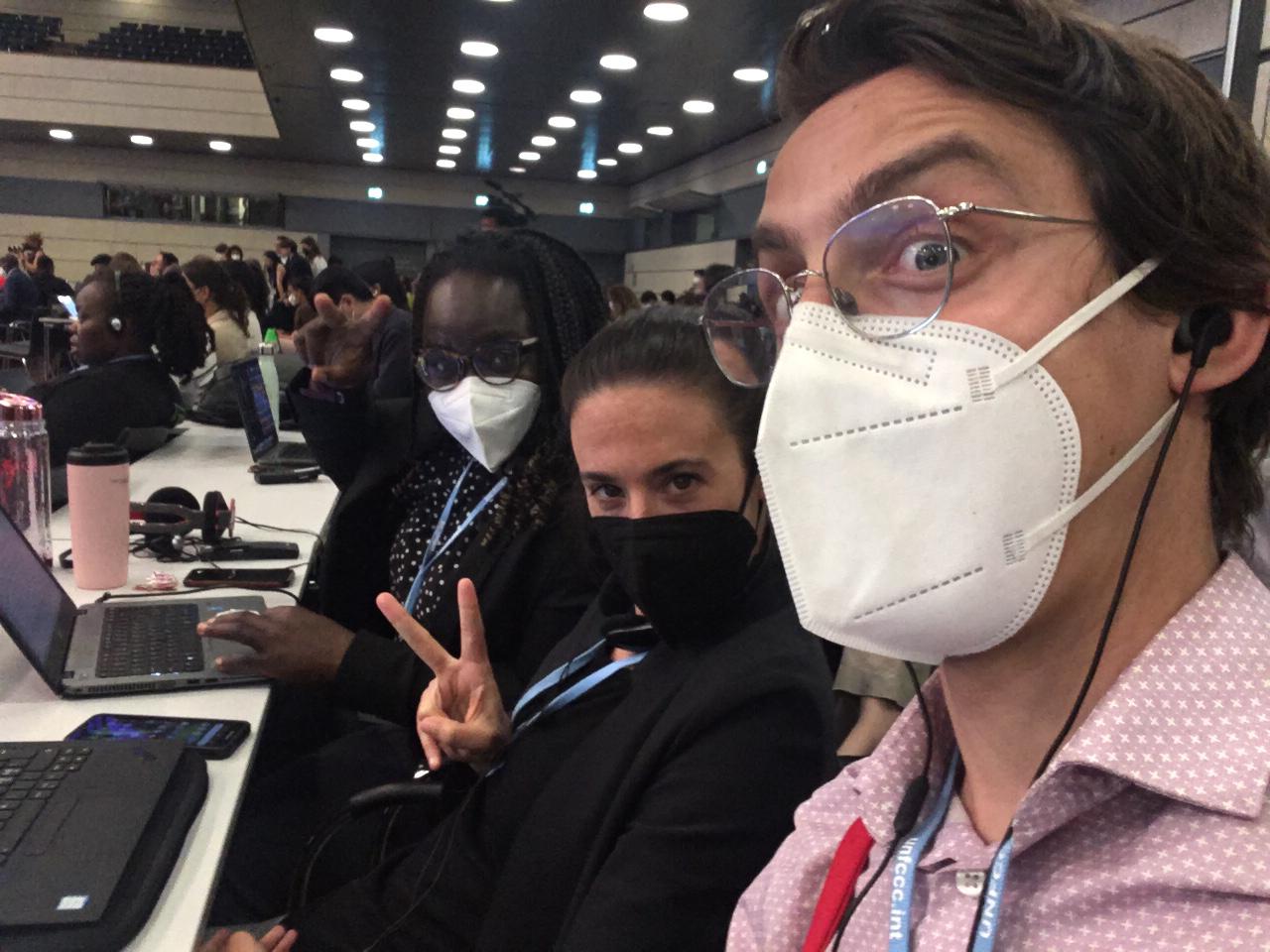[HD-10] It's over, it's not over
I’ve been delaying writing this out of tiredness and now it’s 22:30 and if I don’t go to bed in the next half-hour, my pleasant Friday of writing out summarized items will be ruined. So heidy-ho, friends: Hofgarten Days is nearing its end, and I, [Bernard Soubry], have been writing about it for ten emails.

It’s over. It’s not over. It weirdly never started. We woke up this morning to the news that the final plenary had been delayed and was meant for twelve o’clock; and then, when I had dragged myself down for breakfast, that it was on for three o’clock.
Final plenaries are where the Subsidiary Bodies accept all of the conclusions that each negotiation stream has put forward. It requires everybody to be there, simultaneous translation into seven UN languages, and a very frustrating three-minute limit for anyone to speak at any given time. It is not a place for negotiating.
The tactic, then, is to avoid going into the final plenary until you’re absolutely sure all of the ducks are lined up in a row, and that you’re not going to have, say, a surprise goose honking around and hurtling invectives at India or something.
So, delayed plenary: there’s trouble. I texted a friend on the Canadian delegation. No intelligence. I looked on the UN website for decision documents. All accounted for, except—ah, the Mitigation Work Programme.
The MWP is this weird blob of a negotiation accepted in Glasgow that sets up another work programme to make emissions go down faster. It was clearly a compromise; no one likes it. Developing countries say it forces them to ramp down emissions, which goes against the Paris Agreement’s whole “you name your own target” schtick.
So if the Plenary wasn’t on, it meant that a bunch of heads of delegation and their expert were all stuck in one windowless room with the Chairs of the SBs, arguing over having some form of clean text, until—hours later—they emerged with something that everyone could pass without commenting.
And… well, they did. They went through all of the plenary closings and the closing statements and statements by observers in a record four hours today, leaving everyone to clap at a job well done and the thought of getting home before the sun set. Which is a victory.
Except—if something is palatable by everyone in this circus, it’s usually because it’s been so watered down that no one can find fault with it. And so it was with the Mitigation Work Programme: none of the four hours of discussions which were had in the course of the meeting, and which had been written down in an informal note, were recorded in the draft decision. So that whole process is basically starting from scratch.
Winning slowly is the same as losing, says Bill McKibben. He’s right. And also—winning procedurally is the same as losing. Just because the meeting avoided conflict doesn’t mean anything good got done. I’m reminded, in these moments, of the need for conflict; and of how multilateralism, the system whereby all these countries get to talk to each other, is so very bad at letting people show their teeth. Sometimes I wish we showed our teeth more. I wish things bled a little. I wish things happened, instead of finished.
Well. It’s over now. Two more days til home.
Going to sleep,
Bernard